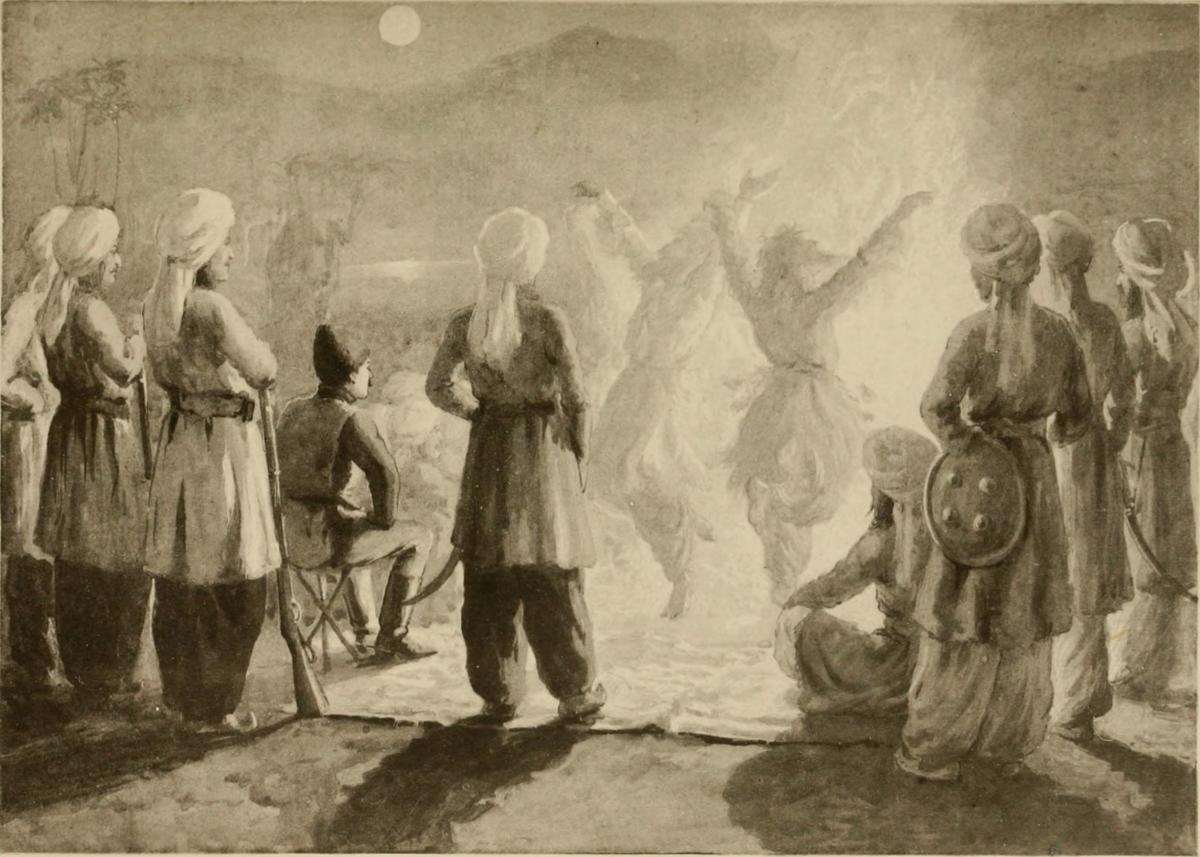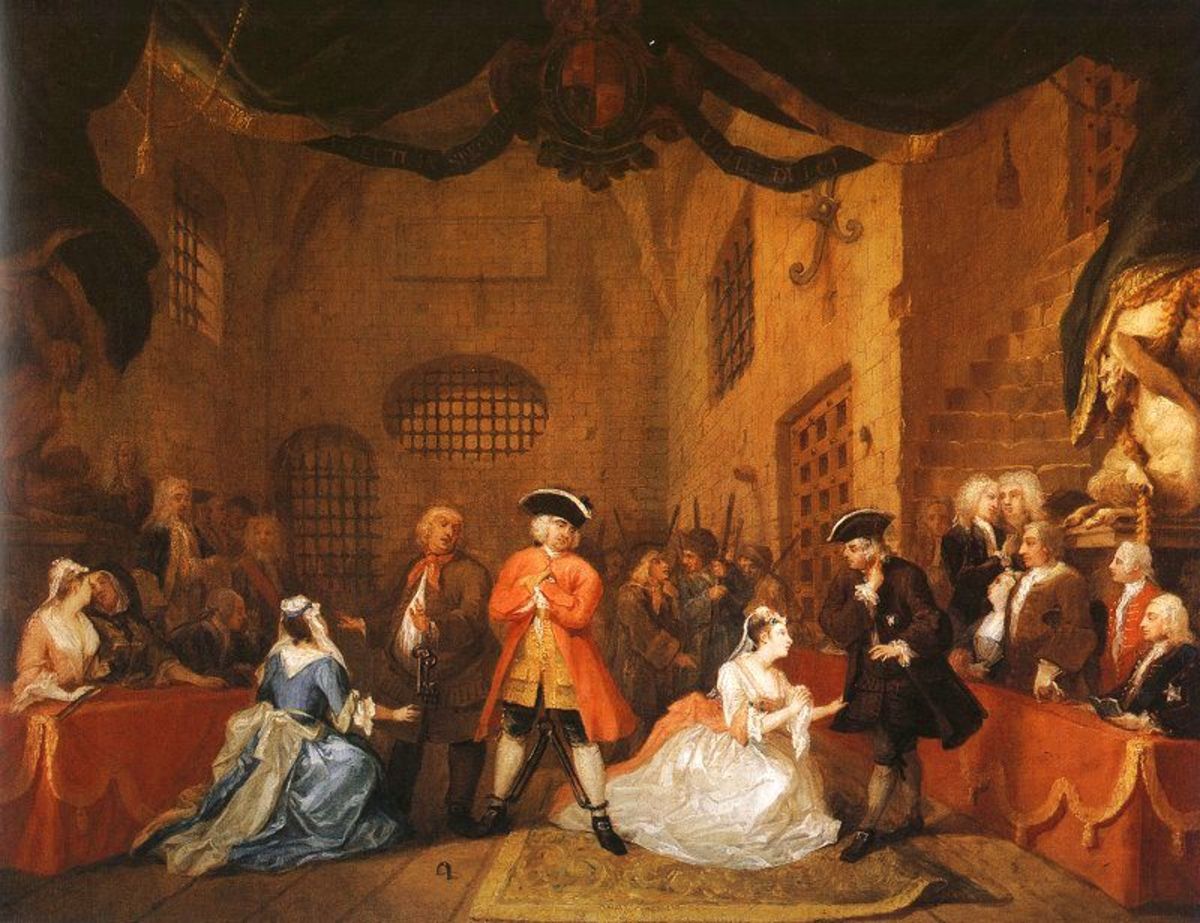Poetry and Myth (Part II)


This is second part of Poetry and Myth, that revolves around the Middle Age to the eighteenth century.
The poetic interpretation of myth is mostly determined by the temper of the poet and the demand of his age. In the Middle Ages, for example, the prevailing temper was moral and didactic and the Christian writers were hard put to it to interpret the old myths in Ovid and Virgil in such a way as to charge the apparently sensuous stories with moral and religious import in order to prove their inherent utility to the Christian audience. They, therefore, set about allegorizing Ovid and Virgil. They took elaborate pains to show that the numerous stories in Ovid, dealing with the amours of gods with mortal beauties, stories of the supreme God Jupiter, assuming so many disguises to gratify his inflamed passion for lovely ladies, were simply the allegories, concretely expressive of the love of God for the erring human souls for their redemption and happiness.
In Elizabethan age again this surviving medieval and moral strain was supplemented by an abundant use of the frankly sensuous mythological stories, with a wealth of erotic details. Even moral Spencer freely indulged in highly sensuous details and Marlowe surrendered himself heart and soul to them in “hero and Leander’ and the plays like Dr. Faustus. The ungodly magician, who has sold his soul to the Devil, simply goes into raptures at the sight of the enchanting apparition of Helen, the soul-seducing charmer of the Torjan Price-
Was this face that launched a thousand ship
And burnt the topless towers of Ilium?
Sweet Helen, make me immortal with a kiss.
As the Renaissance fevour declines and all its fire passed into the rising tide of Puritanism the classical myths were discredited as repositories of moral truth and wisdom and the poetic mind turn more seriously to the Biblical stories and characters, a tendency which culminated in the great epic of Milton, Paradise Lost, Paradise Regained and his classical play Samson Agonistes.
Milton, however, represents the sun-set glow of the great tradition which treated the myths seriously. The temper of the Restoration era was critical and rationalistic and showed itself more remarkably in satire and mock-heroic poems where mythical stories and characters were travestied and deflated and the heroic conventions were mocked at and ridiculed. The most brilliant example of this comic treatment of the mythical tradition of Pope’s The Rape of the Lock where the Homeric conventions are applied to the smart fashionable world of beaus and belles, with its superficial glitter and hollow interior, with the result that the tradition itself comes in for its share of ridicule.
This condition, however, did not last long because by the end of the neo-classical period in the last 18th century , the new movement known as Romantic revival started and grew apace, proclaiming a new birth of the mythological and tradition and its vital role in art and poetry. The revitalization of myth followed two principal approaches- firstly, the symbolical interpretation of classical divinities and legendary figures and secondly, the interpretation of the great myths in the light of contemporary philosophical concepts, sometimes with a decided personal twists. The first approach was initiated by German critics of the early Romantic phase who emphasized the great psychological significance of the mythical figures. Thus, it was pointed out that the principal Greek gods are not conventional figureheads but symbols of the universal forces of the human psyche. Thus, Apollo was taken as a symbol of the traditional part, conducive to order, repose and rational poise, while Dionysus symbolized dark, wild, primitive and untamed energy hidden in the subconscious level, which no sane man can refuse to reckon with or repress completely. The idea found its most elaborate and enthusiastic expression in Nietzsche’s ‘Birth of Tragedy’.
The second approach can be best studied in English poets of the period, Coleridge, Shelley and Keats. Coleridge, however, achieved a remarkable success in The Rime of Ancient Mariner where he invented a story and situations to treat of a few crucial motives of the noted myths in a more original and refreshing way. The protagonist of the poem is an incarnation of the Wandering Jew and Biblical Cain,the restless wanderers under the shadow of a great sin in the eye of God. The poem thus deals with the motive of death and re-birth of the human spirit which is a recurring mythical pattern. Sin enters the soul of the Mariner as the corrupting touch of death, which is reflected in the external environment of settled stagnation and spreading rottenness and shows itself in the Mariner himself in the shape of unbearable isolation, burning thrust and the multiplication of torture and terror. The release comes through love which terminates the suspension of life and movement, sets the breeze blowing, with a downpour of the refreshing rain, drenching the dry body of the Mariner and making him feel so light ‘as if he had died in sleep and were a blessed a soul’. But the most creative, complex and characteristic treatment of myth came from Shelley, who in Prometheus Unbound presents the great story of the human champion to illustrate his peculiar hatred of tyranny and passion for golden age. The poem combines Shelley’s ecstatic lyrical note with a profound reading of the great myth of Prometheus, which has a universal appeal apart from its fitness to articulate the personal philosophy of the poet himself.









